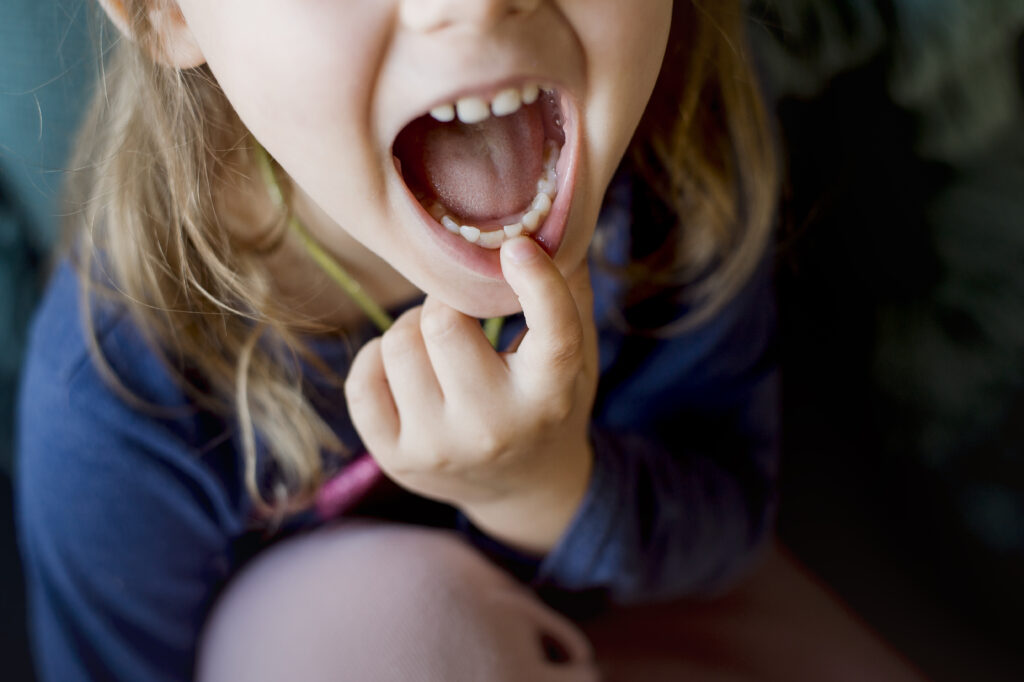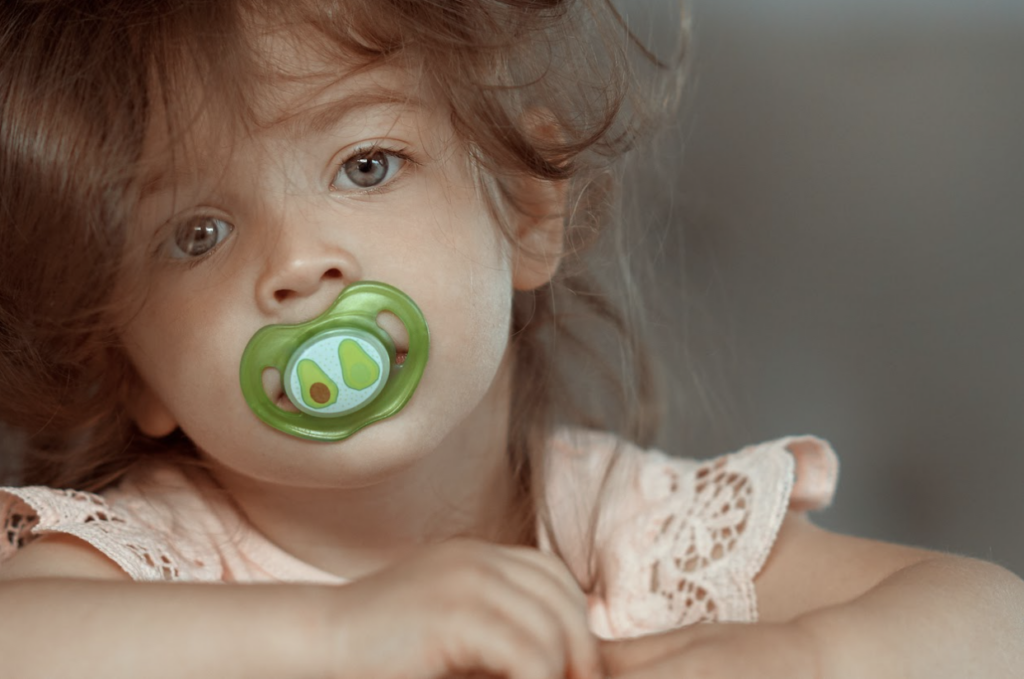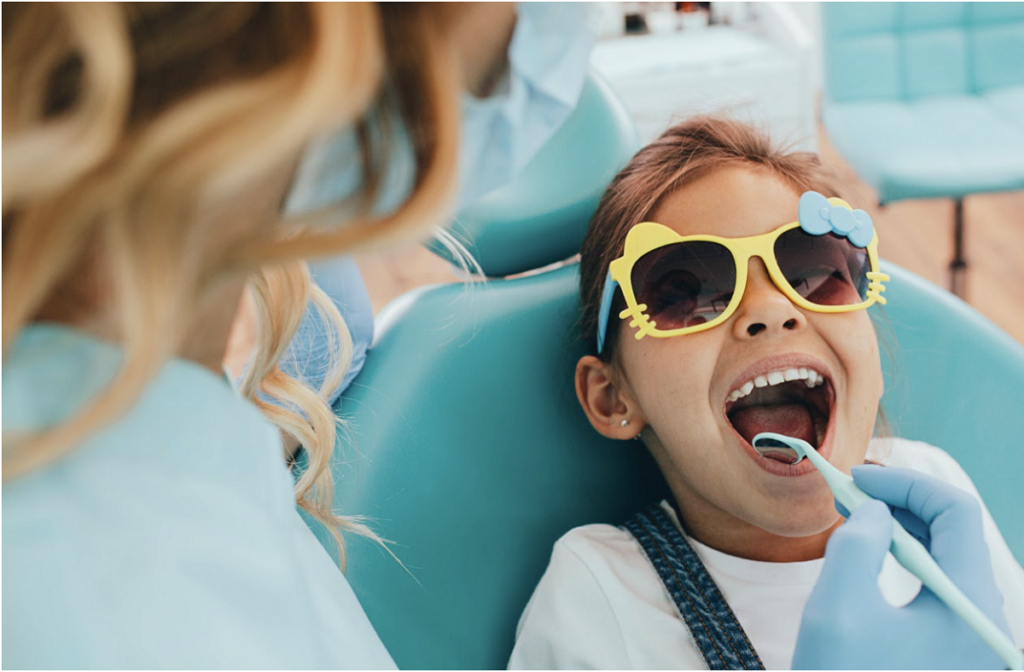
Braces are perfect for achieving straight, healthy smiles that last a lifetime. Braces tend to be most effective while the patient is young and their mouth structure is still forming. If you think your child is ready for braces, here are a few things to help you make informed decisions.
What’s the Point of Braces?
Braces are used to correct teeth that are growing in a crooked position and to compensate for gaps between teeth. In addition, if your child’s teeth are causing an overbite or underbite, braces are an effective way to correct those conditions.
Benefits of Braces at a Young Age
While orthodontics can benefit the right patient at nearly any age, they tend to be more effective in younger patients because the jaw structure is still malleable. The American Dental Association (ADA), found that a majority of orthodontic treatment cases typically begin between the ages of 8 and 14. While starting at a young age helps, the quality of treatment will depend on many factors.
Braces Will Change Your Life
Your child may be unhappy that they’ll have to avoid sticky foods like bubblegum for a while, but you can help them to see how braces will provide countless benefits to their long term oral health. Not only will straighter teeth improve your child’s gum health, they can also prevent dental complications later in life. By getting braces when your dentist recommends, kids can possibly avoid more advanced corrective procedures in the future. Once your child sees their straight, beautiful smile, they’ll understand why it was worth it.
Contact our office in Washinton, DC to discuss the benefits of using braces to help your child’s smile. During your appointment, our team will provide your child with an examination and recommend a treatment plan that will work best for them.








